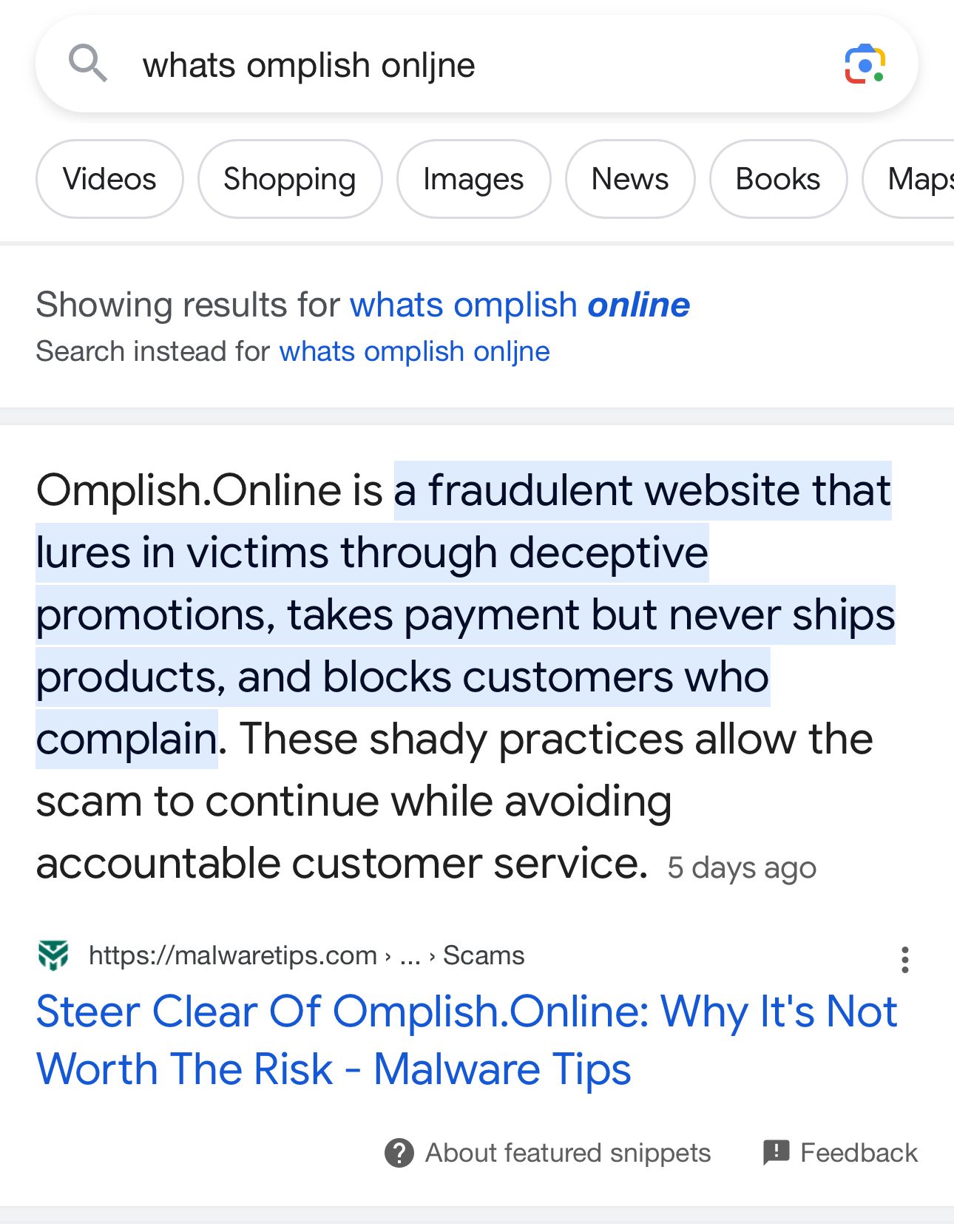
eBook: How to minimize third-party risk with vendor management
A robust vendor management program isn’t just required by compliance frameworks like SOC 2 and ISO 27001. It’s also a critical part of a holistic trust management strategy.
Implementing a vendor management program, however, has become more complex and challenging with the proliferation of SaaS tools and shadow IT. And many overstretched security teams are being asked to do more with less.
To stay compliant and secure — and deepen trust with customers and partners — security teams need a way to proactively manage vendor risk.
This guide from Vanta, the leading trust management platform, brings together perspectives from the frontlines of vendor security management. Get insights and best practices from security and compliance leaders.
Hey there, DGG community!
Ever caught yourself casually strolling through your Instagram feed and stumbling upon an ad from your favorite brand? They're flaunting a sale that seems too good to be true—a warehouse clearance, maybe? So, you click on the link, and suddenly, you're face-to-face with deals that are seriously tempting. Your skepticism takes a quick nap because, let's be real, the website looks legit. It's got those familiar tactics: "only 3 left in this size" and the classic "spend a bit more for free shipping."
Well, this happened to one of our readers and they got GOT. While navigating Instagram, an Aritzia ad with the promise of a 95% off warehouse sale caught their attention. Clicking the ad led them to the website below 👇

FAKE ARITZIA WEBSITE

Now let’s be honest, how often do you check the URL on every website you visit? Especially when the site looks so authentic. It's only natural to feel the urge to swiftly load up your cart and rush through the checkout process, especially when phrases like "LAST STOCK" flash in bold red letters on your screen.
Fortunately, our reader didn't end up emptying their wallet trying to capitalize on this fraudulent sale. However, they did spend $30 and now find themselves in the position of having to replace their credit card, as there's a risk that the site may have collected their credit card details.
Watch out for these 👀
Now, let's talk about how to safeguard yourself against these scams:
1. Verify the URL & Cross-Check with the Official Website:
Always take a moment to scrutinize the URL that Instagram or Facebook ads redirect you to. Before succumbing to the allure of unbelievable deals, visit the official website of the brand. If the advertised sale doesn't exist there, you're likely dealing with a deceptive advertisement.
2. Beware of Unrealistic Offers:
If the discounts seem too good to be true, they probably are. Scammers often use enticing offers to lure unsuspecting shoppers.
3. Pay Attention to Details:
Take note of the website's design, grammar, and overall presentation. Scam sites often lack the professionalism and polish of legitimate ones.
4. Check for Reviews:
Look for reviews or testimonials from other customers who have made purchases from the same site. This can provide valuable insights into the legitimacy of the platform.
Thanks to our subscriber 🙏
As we wrap up this week's newsletter, a huge shoutout to our awesome reader who spilled the tea on their recent online shopping saga. Your story and pictures have added a dose of reality to the digital shopping escapades we all find ourselves in. Thanks for keeping it real!
If you've got more tales or snaps you'd like to share in upcoming newsletters, slide into our DMs or drop us an email: [email protected]. We’ll keep your name anonymous of course. We're all ears (and eyes) for the good, the bad, and the unexpectedly hilarious.
Stay in the loop, stay smart, and until next time,
Don’t Get Got !

